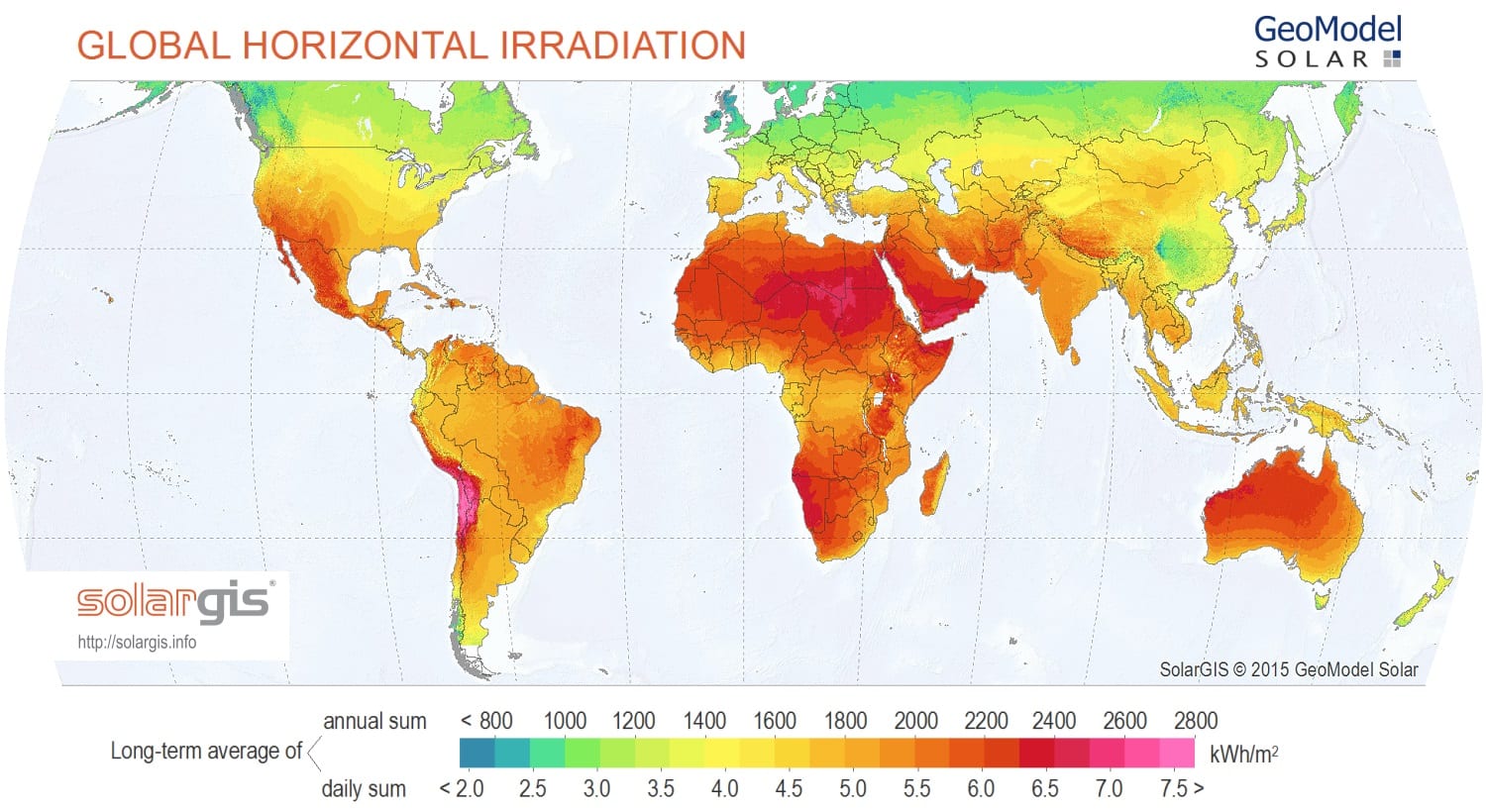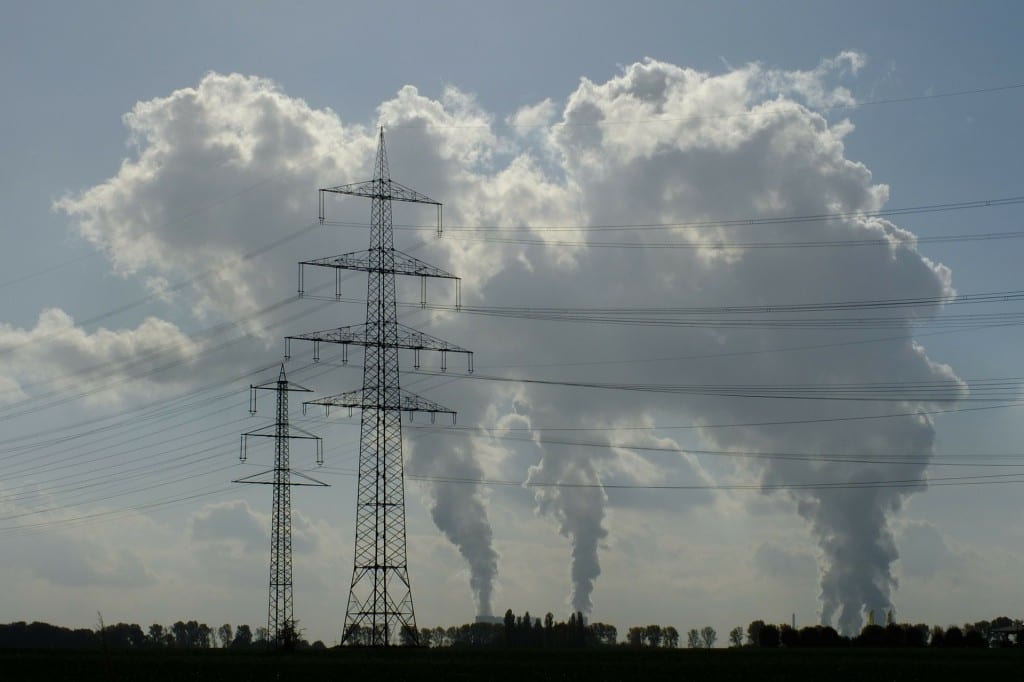Shipping under scrutiny in Paris at COP 21
By ucemtws, on 9 December 2015
 Something that has become a bit of a tradition at COP’s is the “Fossil of the day” award, run by the Climate Action Network. This is given to a member state that has caught the judge’s attention by doing something particularly unimpressive. On Day 3, for the first time, instead of being awarded to a country, it was given to shipping and aviation (the UN agencies that represent the sectors: IMO and ICAO), for the general lack of progress in their work to date to tackle their GHG emissions and climate impacts. Read the rest of this entry »
Something that has become a bit of a tradition at COP’s is the “Fossil of the day” award, run by the Climate Action Network. This is given to a member state that has caught the judge’s attention by doing something particularly unimpressive. On Day 3, for the first time, instead of being awarded to a country, it was given to shipping and aviation (the UN agencies that represent the sectors: IMO and ICAO), for the general lack of progress in their work to date to tackle their GHG emissions and climate impacts. Read the rest of this entry »
How a global solar alliance can help developing countries
By ucftxml, on 7 December 2015
Throughout COP21 our staff and students will be blogging on climate change and sustainability.
This blog was previously published as an article for The Conversation on December 4th 2015
The International Solar Alliance announced by India at the Paris climate conference invites together 120 countries to support the expansion of solar technologies in the developing world.
The cost of solar cells has decreased spectacularly over the past four decades, and the trend seems likely to continue. Solar energy has moved from a niche market for providing power in remote places (at the very beginning in 1958 to space satellites) to a mainstream technology which feeds into the national grid.
Ratcheting up the ambition level: Implementing deep decarbonisation pathways
By ucfaspy, on 4 December 2015
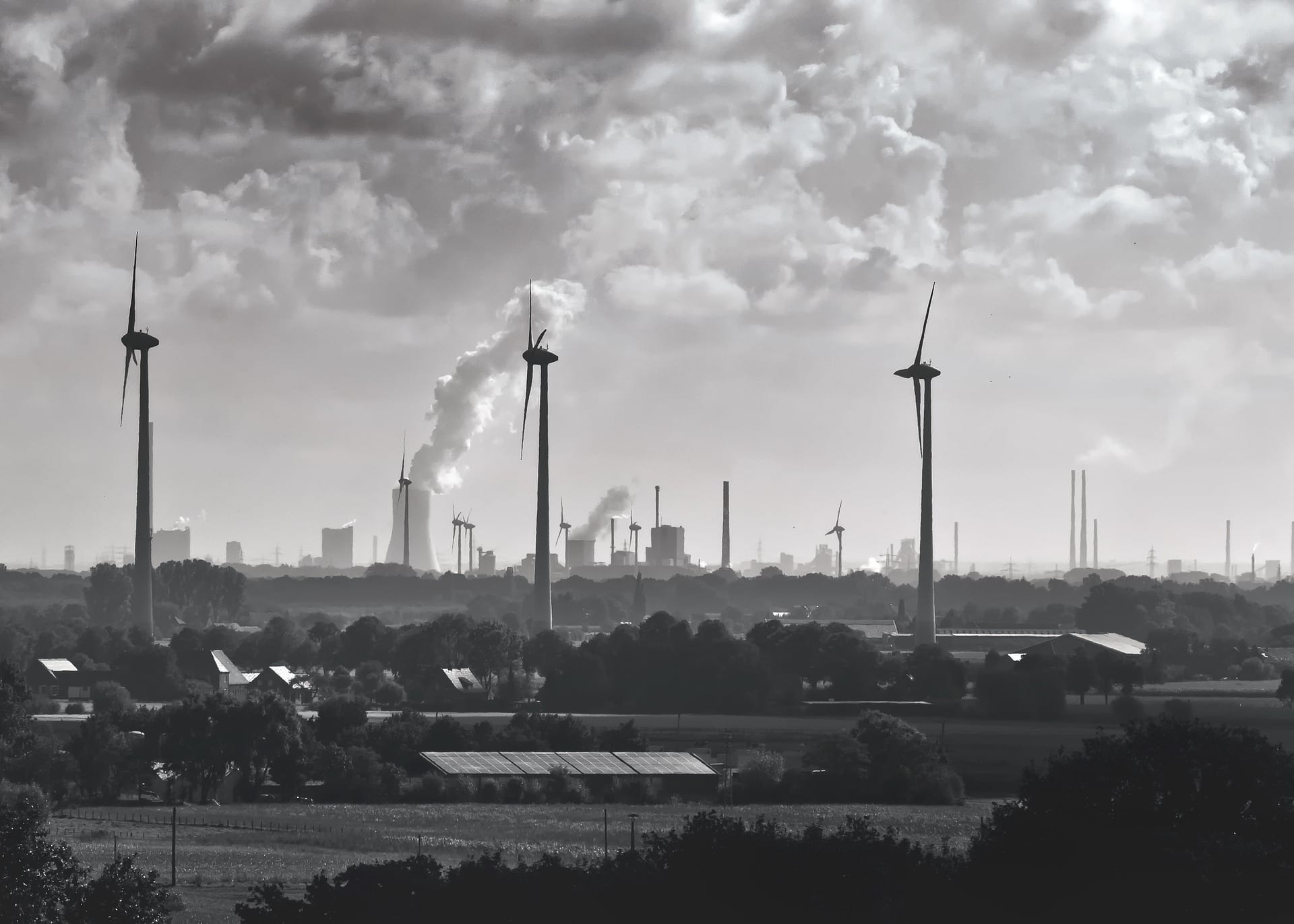
There is a sense that COP21 provides for greater optimism than previous climate change conferences. And for good reason. Emission reduction pledges have been made by most, and the largest emitters are for the first time meaningfully engaged. Providing an important backdrop to this are the positive signs of an energy systems transition underway, as renewables investment continues to grow as technology costs fall, and the rate of fossil fuel use growth slows. Read the rest of this entry »
Paris – outside looking in
By ucqbpsm, on 30 November 2015
Throughout COP21 our staff and students will be blogging on climate change and energy.
With COP21 upon us I must admit to being a bit of a Framework Convention outsider, which is, perhaps, a bit strange for the editor of Climate Policy Journal. In 1990, as a civil servant I worked, peripherally, on the Berlin Mandate. I was at COP 7 in Marrakech, but at the margins. Some of the 1995 IPCC WG1 report is mine. But mostly I have been outside the COP process looking in. Read the rest of this entry »
UCL-Energy Director’s thoughts on UCL-Energy/French Embassy/UKERC Event
By ucftrj0, on 27 October 2015
On Tuesday 2 0 October 2015, UCL Energy Institute, UCL Institute for Sustainable Resources, UKERC and the French Embassy hosted ‘Global Energy, Global Climate’. This was the first in a series of three events organised jointly by UCL Energy Institute and the French Embassy (under the auspices of the long-established relationship between the French Embassy’s Science and Technology Department and UCL’s Grand Challenges programme), to be held termly through the 2015-16 academic year. Read the rest of this entry »
0 October 2015, UCL Energy Institute, UCL Institute for Sustainable Resources, UKERC and the French Embassy hosted ‘Global Energy, Global Climate’. This was the first in a series of three events organised jointly by UCL Energy Institute and the French Embassy (under the auspices of the long-established relationship between the French Embassy’s Science and Technology Department and UCL’s Grand Challenges programme), to be held termly through the 2015-16 academic year. Read the rest of this entry »
Can country-led decarbonisation efforts help achieve a 2⁰C pathway? Henri Waisman’s message is inspiring and positive
By ucftcpj, on 19 October 2015
19 – 25 October marks the inaugural Global Climate Change Week (#GCCW). GCCW is a new initiative designed to encourage academics in all disciplines and countries to engage with their students and communities on climate change action and solutions. UCL IEDE, UCL-Energy, UCL ISR and UCL ISH academics and students will be holding events and blogging through the week to share thoughts and ideas for the future.
Franco-British bilateral conference on Climate Change Adaptation, Resilience & Risks
By Sofie L J Pelsmakers, on 17 July 2015
by Anna Mavrogianni & Sofie Pelsmakers
On June 2nd, UCL and the French Embassy in London held talks and workshops for invited ‘millenials’ and UCL postgraduate students discussing future climate change adaptation to focus on how both countries and their capital cities are going to adapt to climate change challenges and how to increase resilience to climate change risks (you can watch here). This was followed by a public debate, hosted by the BBC’s environment correspondent Roger Harrabin. I had to miss the latter as I was attending the RIBA Role Models Project launch as written about here
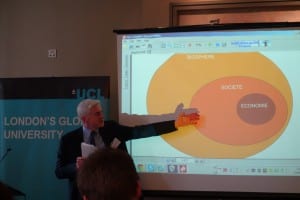 Doctor Ian Scott and the UCL Grand Challenges team had managed to get several high-profile speakers around the table: ChrisRapley CBE, Professor of Climate Science at UCL who chaired the discussions and workshops; Hervé le Treut, Senior Researcher, French National Centre for Scientific Research, Dynamic Meteorology Laboratory; John (Lord) Krebs FRS, UK Committee on Climate Change Adaptation Subcommittee; Professor Nicolas Beriot, Secretary General, National Observatory of Climate Warming Effects, Ministry of Ecology, Paris; Claire Vetori, Environmental Advisor to Thames Estuary Asset Management 2100 team; Professor Tim Reeder from the UK Environment Agency; Célia Blauel, Deputy Mayor, City of Paris (Environment, Sustainable Development, Water, Climate Plan portfolio); Alex Nickson, Strategy Manager for Climate Change Adaptation and Water, Greater London Authority, Professor Mike Davies, Director of the UCL Institute for Environmental Design and Engineering, Bartlett Faculty of the Built Environment. Read the rest of this entry »
Doctor Ian Scott and the UCL Grand Challenges team had managed to get several high-profile speakers around the table: ChrisRapley CBE, Professor of Climate Science at UCL who chaired the discussions and workshops; Hervé le Treut, Senior Researcher, French National Centre for Scientific Research, Dynamic Meteorology Laboratory; John (Lord) Krebs FRS, UK Committee on Climate Change Adaptation Subcommittee; Professor Nicolas Beriot, Secretary General, National Observatory of Climate Warming Effects, Ministry of Ecology, Paris; Claire Vetori, Environmental Advisor to Thames Estuary Asset Management 2100 team; Professor Tim Reeder from the UK Environment Agency; Célia Blauel, Deputy Mayor, City of Paris (Environment, Sustainable Development, Water, Climate Plan portfolio); Alex Nickson, Strategy Manager for Climate Change Adaptation and Water, Greater London Authority, Professor Mike Davies, Director of the UCL Institute for Environmental Design and Engineering, Bartlett Faculty of the Built Environment. Read the rest of this entry »
The case for diversity in architecture
By Sofie L J Pelsmakers, on 9 July 2015
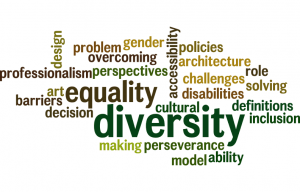 by Sofie Pelsmakers and Stephen Ware
by Sofie Pelsmakers and Stephen Ware
On June 2nd, the Royal Institute of British architects (RIBA) launched its Role Models project. Stephen and I are two of its 12 ‘Role Models’ and all our stories highlight the increasing diversity within the architecture profession, hopefully inspiring those like us to join us in the profession. Diversity is after all a good thing: not only does it make sense for a profession to reflect the society it operates within (and designs for), furthermore research has shown that diversity is a good thing: organisational diversity “enhances creativity. It encourages the search for novel information and perspectives, leading to better decision making and problem solving.” Read the rest of this entry »
Building from the bottom-up: domestic action to drive global deep decarbonisation
By ucfaspy, on 6 July 2015
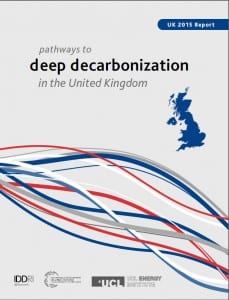 If we are to deliver a decarbonised global energy system to ensure we sufficiently reduce the risk of dangerous climate change, it is strong action by countries that will be needed. While obvious, much of the analyses that emerges and is reported by the IPCC provides global solutions which are not necessarily grounded in the realities of specific country contexts. The question is what are the necessary actions that are needed to be undertaken by countries? Read the rest of this entry »
If we are to deliver a decarbonised global energy system to ensure we sufficiently reduce the risk of dangerous climate change, it is strong action by countries that will be needed. While obvious, much of the analyses that emerges and is reported by the IPCC provides global solutions which are not necessarily grounded in the realities of specific country contexts. The question is what are the necessary actions that are needed to be undertaken by countries? Read the rest of this entry »
How can the European Commission tackle the growing challenge of energy poverty across EU Member States?
By ucfaspy, on 24 June 2015
 This piece is based on the recently published report by the INSIGHT_E consortium ‘Energy poverty and vulnerable consumers in the energy sector across the EU: analysis of policies and measures’. The full report can be found on the INSIGHT_E website, www.insightenergy.org Read the rest of this entry »
This piece is based on the recently published report by the INSIGHT_E consortium ‘Energy poverty and vulnerable consumers in the energy sector across the EU: analysis of policies and measures’. The full report can be found on the INSIGHT_E website, www.insightenergy.org Read the rest of this entry »
 Close
Close


